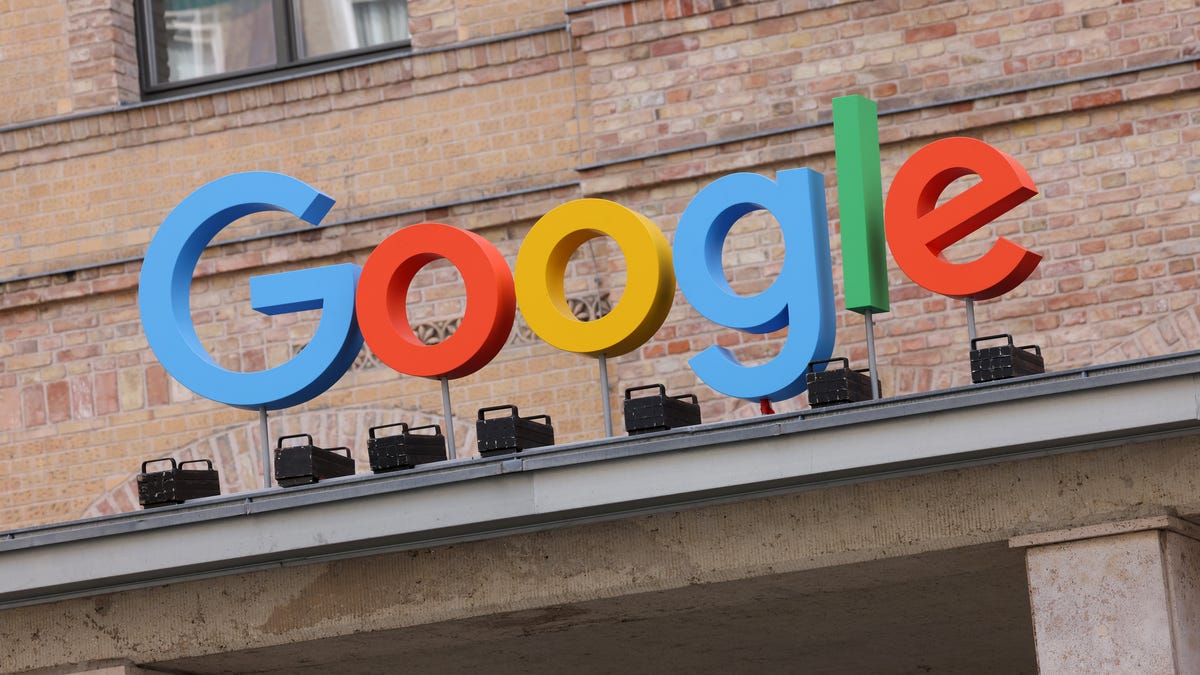


The European Commission ruled against Apple (AAPL) and Google (GOOGL) in two landmark legal cases — and is collecting billions in back taxes and fines.
Europe’s top court issued final decisions on two cases involving the tech giants Tuesday, upholding rulings that Ireland granted Apple unlawful aid, and that Google Shopping violated antitrust laws. The decisions are a major step forward in the European Union’s attempt to wrangle Big Tech within the bloc.
“Today is a big win for European citizens and for tax justice,” Margrethe Vestager, executive vice president of the European Commission, said in a statement.
Cupertino, California-based Apple was ordered to pay up to 13 billion euros ($14.34 billion) to Ireland, after the Commission concluded in 2016 that tax rulings in the country, which artificially lowered taxes for the iPhone maker since 1991, constituted illegal state aid.
In one example provided by the court, one of Apple’s Irish subsidiaries recorded profits of approximately 16 billion euros ($17.65 billion) in 2011 but paid less than 10 million euros ($11 million) of taxes that year — an effective tax rate of about 0.05%.
An Apple spokesperson did not immediately return Quartz’s request for comment.
The court also upheld a 2017 decision to fine Google 2.4 billion euros ($2.65 billion) for favoring its own comparison-shopping service, Google Shopping, over that of competitors within its general search results.
“The Google Shopping case is a landmark in the history of regulatory actions against big tech companies,” Vestager said. “It was one of the first significant antitrust cases brought by a competition agency against a major digital company. And I think this case marked a pivotal shift in how digital companies were regulated and also perceived.”
Vestager noted that the Google case paved the way for further regulatory actions, including the Digital Markets Act (DMA), a 2022 law that regulates large online platforms.
A Google spokesperson said the company made changes back in 2017 to comply with the Commission’s decision, which has generated “billions of clicks for more than 800 comparison shopping services.” Google appealed the decision in 2021.
“We are disappointed with the decision of the Court,” the spokesperson said. “This judgment relates to a very specific set of facts.”
Apple and Google, along with other tech giants, including Meta and Microsoft (MSFT), have been hit with lawsuits and heightened regulatory scrutiny both in the U.S. and abroad this year. After losing a major antitrust battle last month, Google found itself back in court this week to argue its case against the Department of Justice over its dominance in the advertising market.
In March, the Justice Department sued Apple for monopolizing the smartphone market with its iPhone.